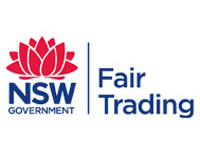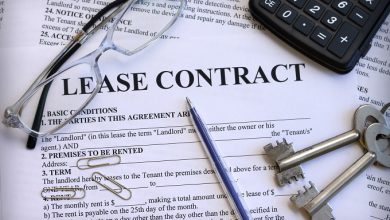
Unit entitlement in NSW
The issue of unit entitlement was recently looked at again as part of the Department of Fair Trading’s Discussion Paper on Strata and Community Law Reform.
How is unit entitlement currently determined?
When a plan is registered, each lot is given a unit entitlement, being a proportion of the total value of all lots in the scheme. In most strata schemes the unit entitlements are based upon the developer’s estimate of the market value of each lot at the commencement of the scheme. For staged strata schemes and for community schemes the unit entitlements must be based on a valuation by a qualified valuer.
It has been suggested that the unit entitlements for all strata schemes should be based on the valuation of a qualified valuer. Allowing the developer to allocate the unit entitlements has the potential to create inequity or disharmony in strata schemes, whether intentional or not. In Queensland, the allocation of interest lot entitlements in strata schemes must be accompanied by a registered valuer’s certificate. However, contribution lot entitlement in Queensland is based on the “equality principle” which provides that contribution lot entitlements must be equal, except to the extent that it is just and equitable for them not to be equal.
Unit entitlements are used to determine each owner’s:
• contribution towards payment of levies;
• beneficial interest in the common property, and
• voting rights on a poll.
Issues raised in the paper – Some owners have suggested that unit entitlements should not be used as the basis for determining levies. They argue that just because one unit has a higher value than another, because of better views for example, does not mean the owner will make any more use of common property (this is the reasoning behind the “equality principle” in Queensland). It has been suggested that it would be fairer if levies were based on floor area, with perhaps a loading based on usage of common facilities.
Separately, some stakeholders have suggested that owners who rent out their properties should pay higher levies due to the potential for extra wear and tear caused by tenants. However, it has also been argued that owner occupiers could just as likely cause damage to common property and it would be unfair to landlords with good tenants to force them to pay higher levies.
Other states – It is a standard feature of the laws in other parts of Australia that levies are based on the unit entitlements. However, a number of jurisdictions have variations to the standard approach. Victoria distinguishes between ‘lot entitlements’ (that determines voting rights and a lot owner’s beneficial interest in the common property) and ‘lot liability’ (the share of the scheme’s expenses that each lot owner is required to pay). Tasmania provides for ‘special unit entitlements’ that allows differing circumstances to be taken into account when setting levies (for example, if a scheme has a lift, the cost of maintenance and upkeep can be limited to only those lots who use the lift).
Singapore allows its schemes to deviate from unit entitlements by using any other method or formula if there is a resolution by consensus. Any one, or a combination, of these approaches could be adopted in NSW when the new legislation is finally produced.

AccomNews is not affiliated with any government agency, body or political party. We are an independently owned, family-operated magazine.







